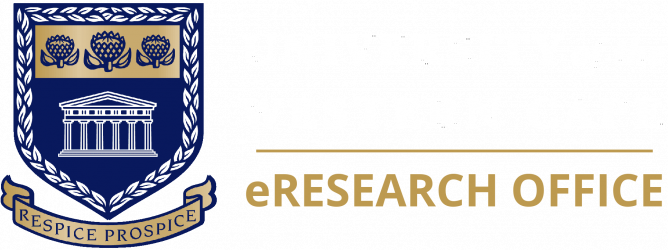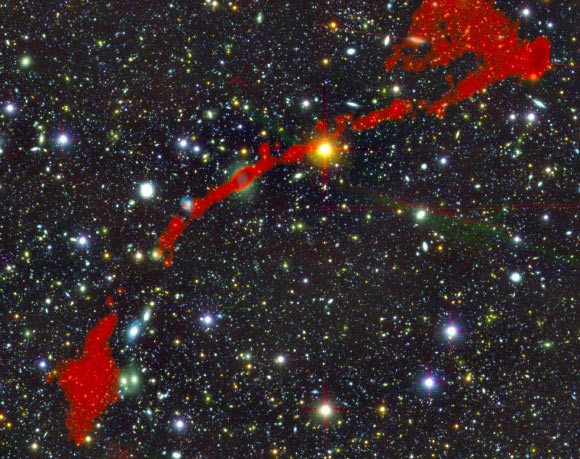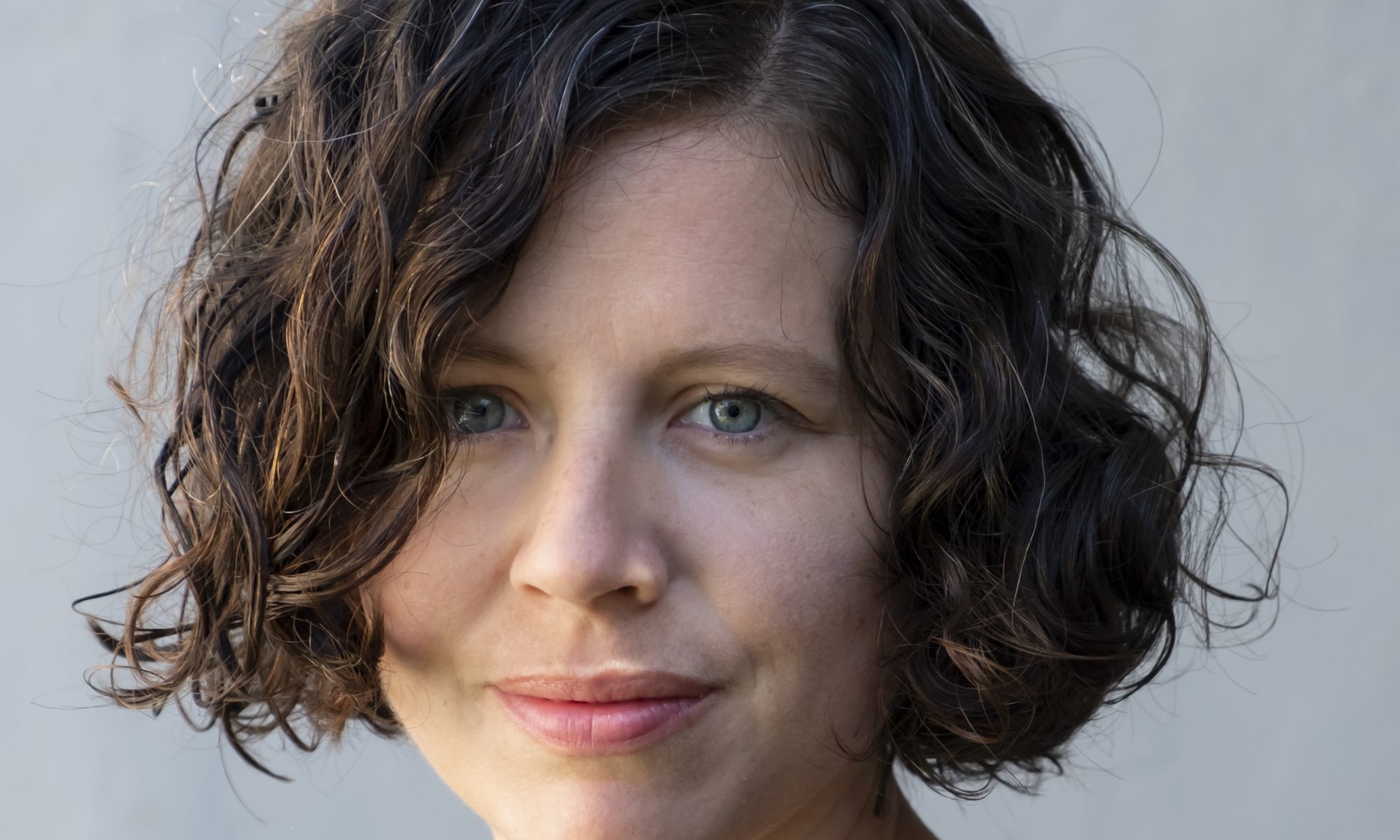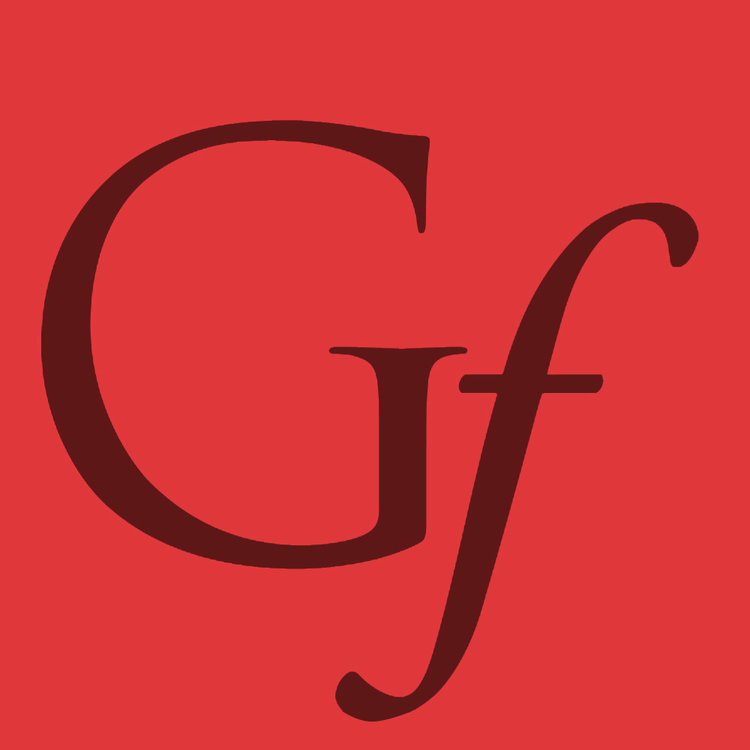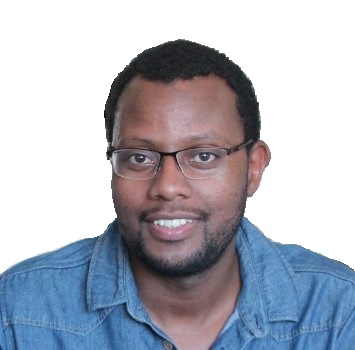Astronomers from UWC are part of an international team responsible for the remarkable discovery of two giant radio galaxies. These galaxies were spotted in new radio maps of the sky created by the MeerKAT International Gigahertz Tiered Extragalactic Exploration (MIGHTEE) survey. It is one of the largest survey projects underway with South Africa’s impressive MeerKAT radio telescope and serves as a precursor to the Square Kilometre Array (SKA) due to become fully operational in the mid-2020s.
Dr Matthew Prescott, second author on the paper, is a Post-Doctoral Research Fellow with UWC’s Astrophysics Group . Read an interview with him about his work. UWC eResearch Director Prof Mattia Vaccari and several other UWC researchers are also co-authors.
The discovery has made waves in the astronomical community around the world. Read articles from CNN, SciNews, Phys.org and Tech Times to find out more.
Image: The giant radio galaxy MGTC J095959.63+024608.6; in the background is the sky as seen in optical light; overlaid in red is the radio light from the giant radio galaxy, as seen by MeerKAT. Image credit: I. Heywood, University of Oxford / Rhodes University / South African Radio Astronomy Observatory / CC BY 4.0.
